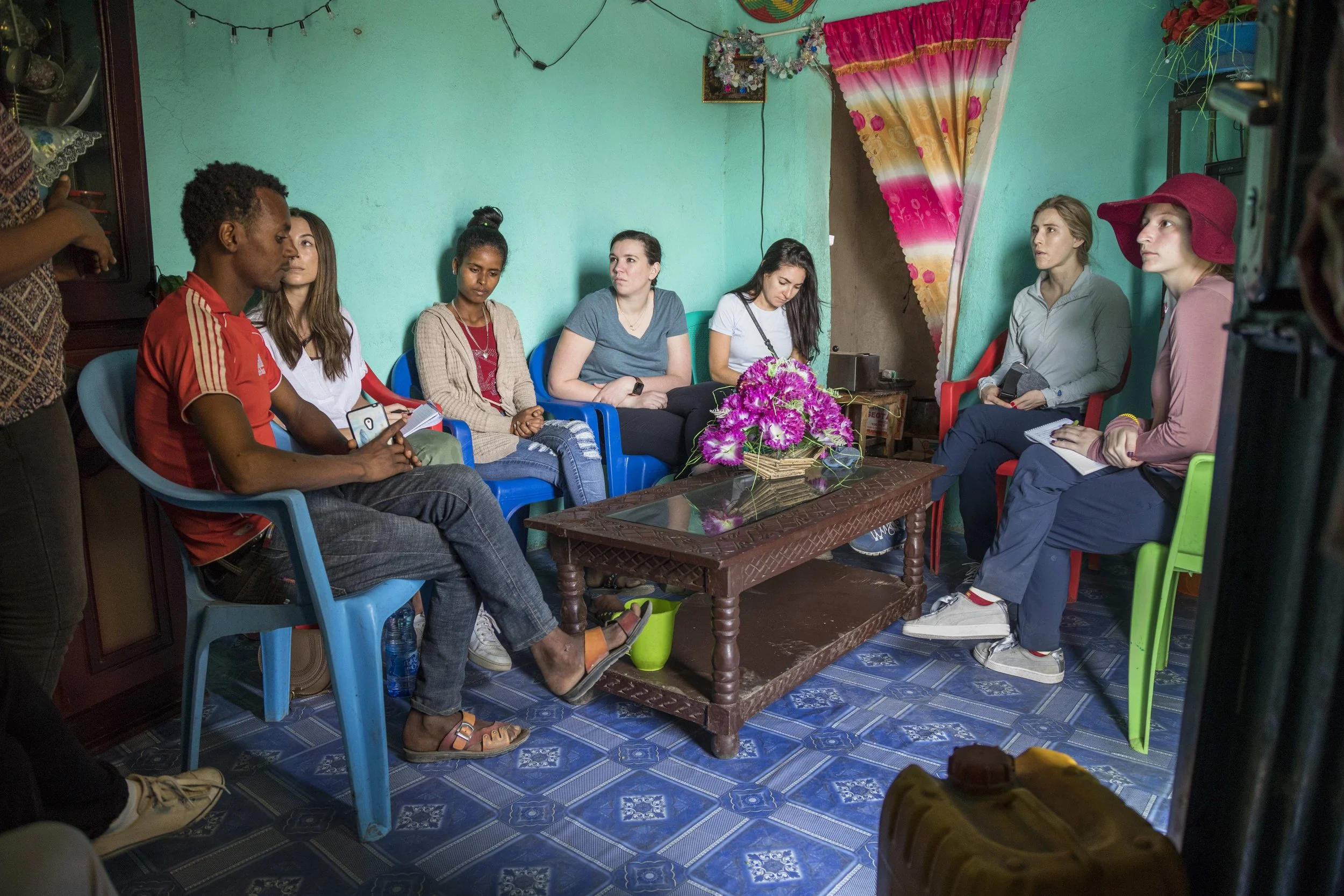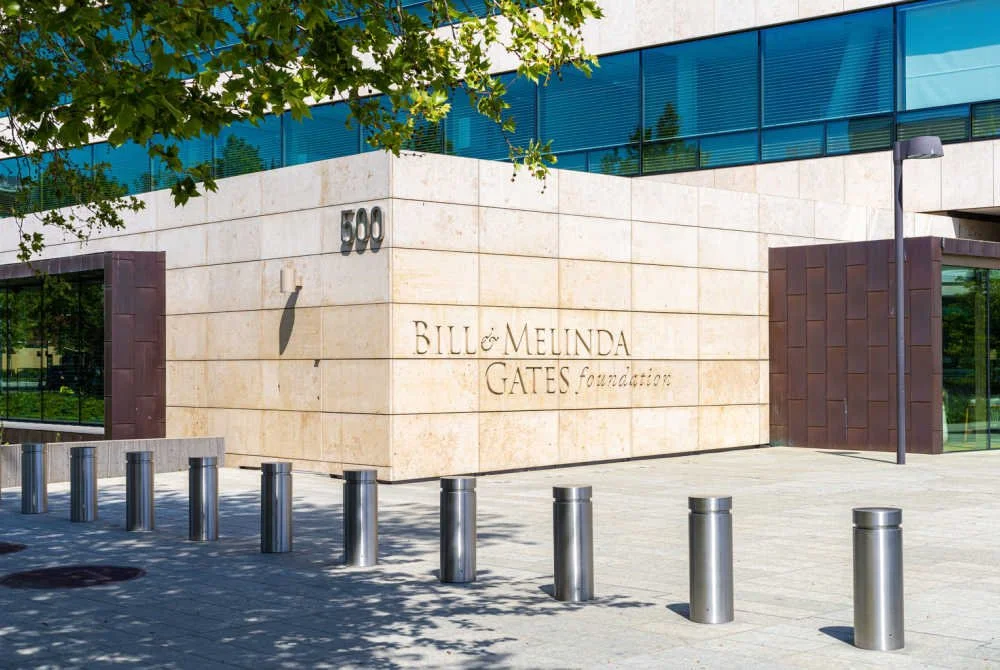The Gates Foundation Backs Gene Editing Research to Treat a Devastating Disease
/PHOTO: VCHAL/SHUTTERSTOCK
Sickle cell disease is caused by the mutation of just one errant gene that causes blood cells stuffed with hemoglobin to become distorted into sickle shapes. The misshapen cells get stuck in blood vessels, causing strokes, organ damage and episodes of agonizing pain as muscles are starved of oxygen. While scientists since the time of Linus Pauling have known what causes sickle-cell disease (SCD), the only potential cure is a dangerous and expensive bone marrow transplant.
But that may be about to change. Late last year, the Bill & Melinda Gates Foundation awarded Boston Children’s Hospital a $1.5 million grant to initiate basic work to expand gene therapy treatment of sickle cell disease in developing countries. r.
Worldwide, about 300,000 infants are born with the sickle cell disease each year, a figure projected to grow to more than 400,000 by 2050. The disorder is most common in sub-Saharan Africa, where an estimated 70 percent of children with it die before adulthood. It is also the most common genetic blood disorder in the U.S.
The Promise of Gene Editing
Gene editing is actually a group of technologies that give scientists the ability to change an organism's DNA. These technologies allow genetic material to be added, removed, or altered at particular locations in the genome. The patient’s cells in the affected tissues would be either edited within the body (in vivo) or outside (ex vivo) and returned to the patient.
The Bill and Melinda Gates Foundation has supported research in gene editing for years. Gates has spoken widely on the case for using CRISPR and other gene-editing techniques on a global scale to meet growing demand for food and to improve disease prevention, particularly for malaria.
Researchers have published successes with CRISPR to treat animals with an inherited liver disease and with muscular dystrophy. Using a process called somatic gene editing, scientists are exploring ways to treat diseases caused by a single mutated gene such as cystic fibrosis, Huntington’s, as well as SCD.
Challenges Still Exist
With the Gates money, David A. Williams, chief scientific officer and senior vice president of Boston Children's Hospital and President of Dana-Farber/Boston Children’s Cancer and Blood Disorders Center, hopes to adapt methods used in the current Dana-Farber/Boston Children’s clinical gene therapy trial for SCD to solve current bioengineering and manufacturing constraints.
Currently, most gene therapy trials for sickle cell disease are ex vivo. However, ex vivo gene therapy is a complicated, multi-step process that takes weeks and requires hospitalization. In contrast, in vivo therapy would be quicker and with less burden to the patient. The goal of this work is to develop methods that allow in vivo gene therapy applications for SCD in areas of the world where health care is less developed than in the United States and Europe.
“Ultimately, an in vivo approach, in which a gene or inhibitory RNA is delivered directly to the body, is likely to be optimal for broadening global access to gene therapy for sickle cell disease,” said Williams, in a press release announcing the funding. Under the grant, Williams and colleagues will conduct research in gene delivery methods: “We will look at new technologies of non-viral methods for introducing the therapeutic gene into stem cells that could help standardize gene therapies and make them more available and affordable.”
Beyond Sickle Cell Disease
Gene therapies are currently confined to a few research hospitals in the U.S. and other developed countries. The long-term goal of the research is to make this potentially curative therapy available to patients in developing countries, according to the news releases.
By entering the SCD space, the Gates organization joins with luminary funder The Doris Duke Charitable Trust in providing substantial philanthropic support for biomedical research of SCD. The Doris Duke Sickle Cell Disease/Advancing Cures award has provided millions in grants grants to advance curative approaches for sickle cell disease, including gene modification.
Related:







































